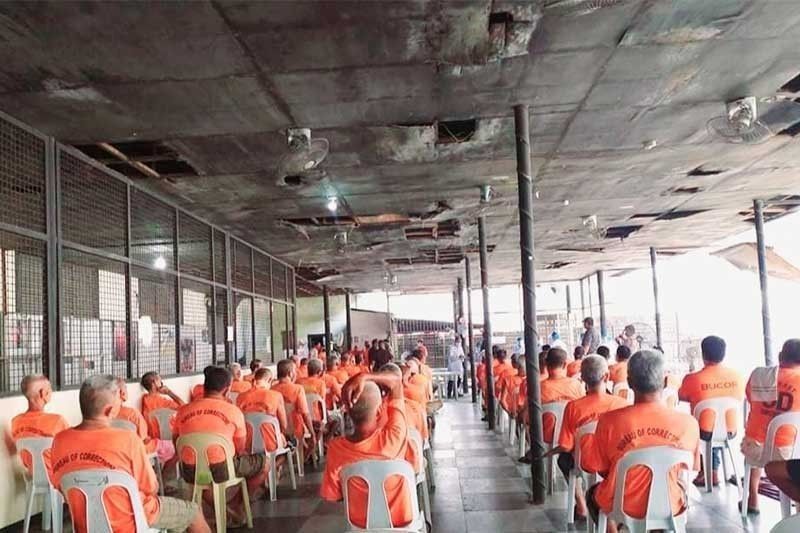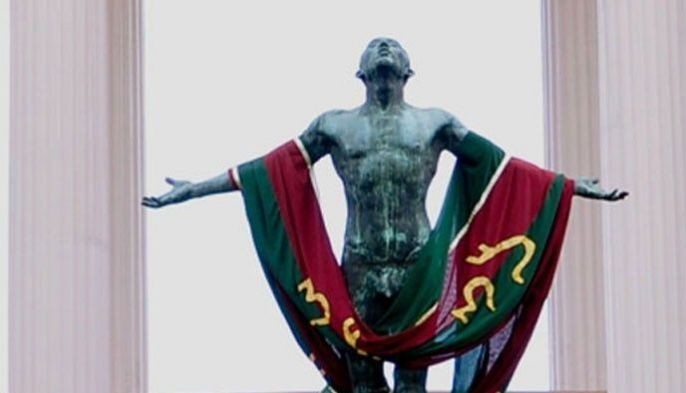Philippines commits to adhere to international standards in the treatment of prisoners

MANILA, Philippines — The Philippines has joined over 30 other countries in committing its support implementing international standards in the treatment of Persons Deprived of Liberty.
Justice Secretary Jesus Crispin Remulla made this pledge at a side event of the 32nd session of the United Nations Commission on Crime Prevention and Criminal Justice in Vienna, Austria where he highlighted that the country has been implementing 11 prison reform programs to provide a better and humane treatment of PDLs in accordance with international standards.
"I wish to reiterate... the Philippines' strong commitment to promote and adhere to the international standards in the treatment of prisoners—starting from their admission up to their release," Remulla said.
"In fact, we have embarked on a while-of-government, whole-of-nation approach in order to improve, if not reform, our corrections system," he continued.
The country is hoping to join the Group of Friends of the Nelson Mandela Rules, which highlights that prison rules and guidelines should be based on the core value that PDLs should still be treated with respect and and valued as human beings despite whatever led them behind bars.
There are now over 30 member states of the United Nations who have since joined the group. The Philippines for its part started implementing the rules in 2017, however, Remulla noted that Manila still faces hiccups in implementing these.
“These challenges include budgetary limitations and the need for systematic coordination between and among various government agencies tasked in the safekeeping and reformation of our [PDLs],” Remulla said.
Prison reform
In the face of these challenges, the justice secretary emphasized the country's "strong commitment" in adhering to international standards in the treatment of PDLs.
Among the Philippines' biggest reforms include a focus on reorganizing and decongesting the country’s prison facilities.
The country’s jails remain overcrowded and conditions—which the US State Department called “harsh and life-threatening” for PDLs—were exacerbated during the height of the COVID-19 pandemic.
The Department of Justice has begun regionalizing the corrections facilities to allow PDLs be located closer to their familes. It also aims to transfer the New Bilibid Prison, the Correctional Institute for Women, and the Bureau of Corrections to a new location.
Meanwhile, the country is also seeking to create three facilities for high-level offenders. On top of being an opportunity for further decongestion in other regular facilities, Remulla pointed out that this will allow PDLs under the classification to “receive a more responsive and specifically-designed reformation program.’
Remulla said the BuCor also provides PDLs with programs ranging from livelihood, education and training, to behavior modification.
The Philippines is also seeking to fast-track the processing of the PDLs’ records and their releases. PDLs whose cases are still on trial, meanwhile, are provided presentation under the Public Attorney’s Office.
Digitalization is also a component in some of the DOJ’s prison reform programs for effectiveness and transparency—this includes the Single Carpeta System, a standardized electronic prisoner file management system, and the Probation Information System, which is used to monitor probationers and parolees.
Last year, Remulla met with a prison reform expert—Prof. Raymund Narag, who was actually a former detainee—to learn more about how to improve the country’s correction system.
- Latest
- Trending
































